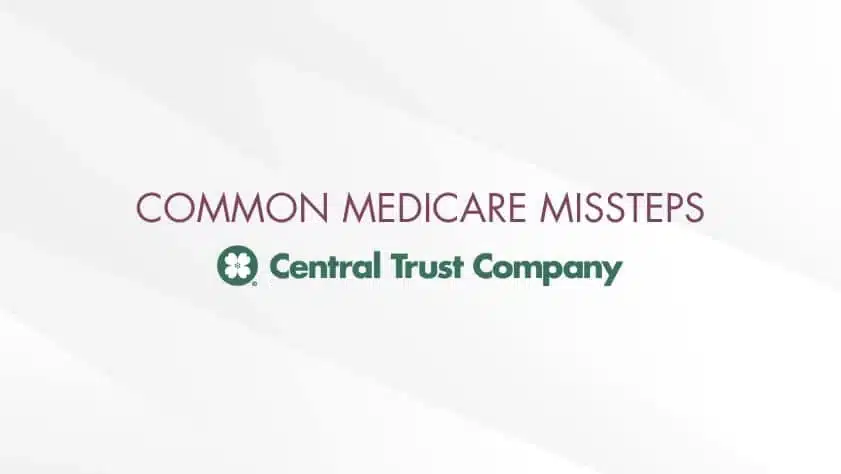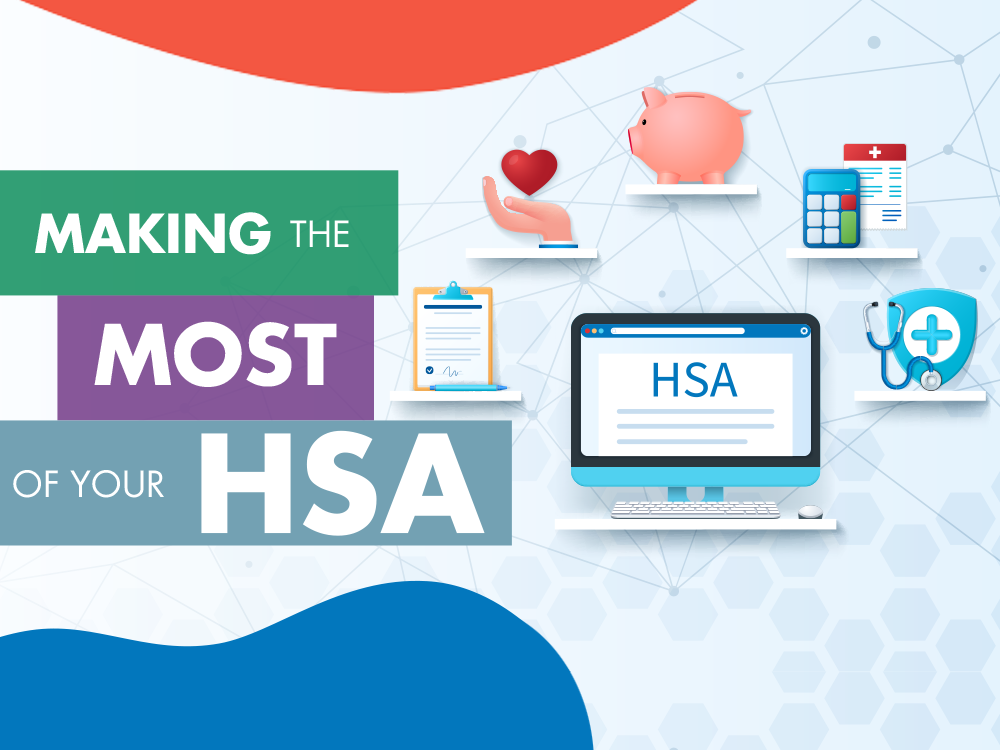Learn the key differences between IRAs and 401(k)s, including tax benefits, contribution limits, and withdrawal rules to help you choose the right retirement plan for your financial goals.

When it comes to managing your Medicare coverage, the annual Open Enrollment period is a crucial opportunity to ensure that your healthcare plan aligns with your evolving needs. However, navigating this complex landscape can be daunting, and making errors during this period can have long-lasting consequences. In this guide, we will highlight five common missteps that beneficiaries often make during Open Enrollment and provide valuable insights on how to avoid them.
These common missteps include:
- Failing to Review Your Current Plan. Never assume that your current Medicare plan remains the best choice. Healthcare needs can change, and your coverage should adapt accordingly. Take the time to evaluate your plan’s costs, benefits, and network to ensure it aligns with your current healthcare needs.
- Neglecting Prescription Drug Coverage. Pay attention to your Part D drug plan if you rely on prescription medications. Formulary lists and drug costs can change, potentially affecting your out-of-pocket expenses. Always ensure your medications are still covered to avoid surprises.
- Not Factoring in Doctor and Hospital Networks. If you have specific doctors or hospitals you prefer, make sure they are in-network with your chosen Medicare Advantage plan or Medigap policy. Otherwise, you may face higher costs or have to switch healthcare providers.
- Missing Enrollment Deadlines. Open Enrollment operates within a specific timeframe, typically from mid-October to early December. Failing to act within this window means waiting for another year to make changes to your Medicare coverage. Mark your calendars and act promptly.
- Disregarding the Fine Print. Healthcare plans can be intricate. Always scrutinize the fine print, especially regarding copayments, deductibles, and out-of-pocket maximums. A comprehensive understanding of the details can prevent unexpected financial burdens.
As the Open Enrollment period for Medicare approaches, it’s essential to recognize the potential pitfalls that could compromise your healthcare coverage. By taking note of these warnings and taking proactive steps to ensure your Medicare plan suits your specific needs, you can empower yourself to make well-informed decisions to access the high-quality healthcare you deserve.


